araabMUZIK on making his debut score for Harmony Korine’s AGGRO DR1FT
GRAMMY-nominated producer/composer/Akai MPC-virtuoso araabMUZIK makes his scoring debut with an eclectic soundscape for director Harmony Korine’s hyperkinetic, infra-red-lens shot feature film AGGRO DR1FT.
によって Sonal D’Silva
2024年8月15日
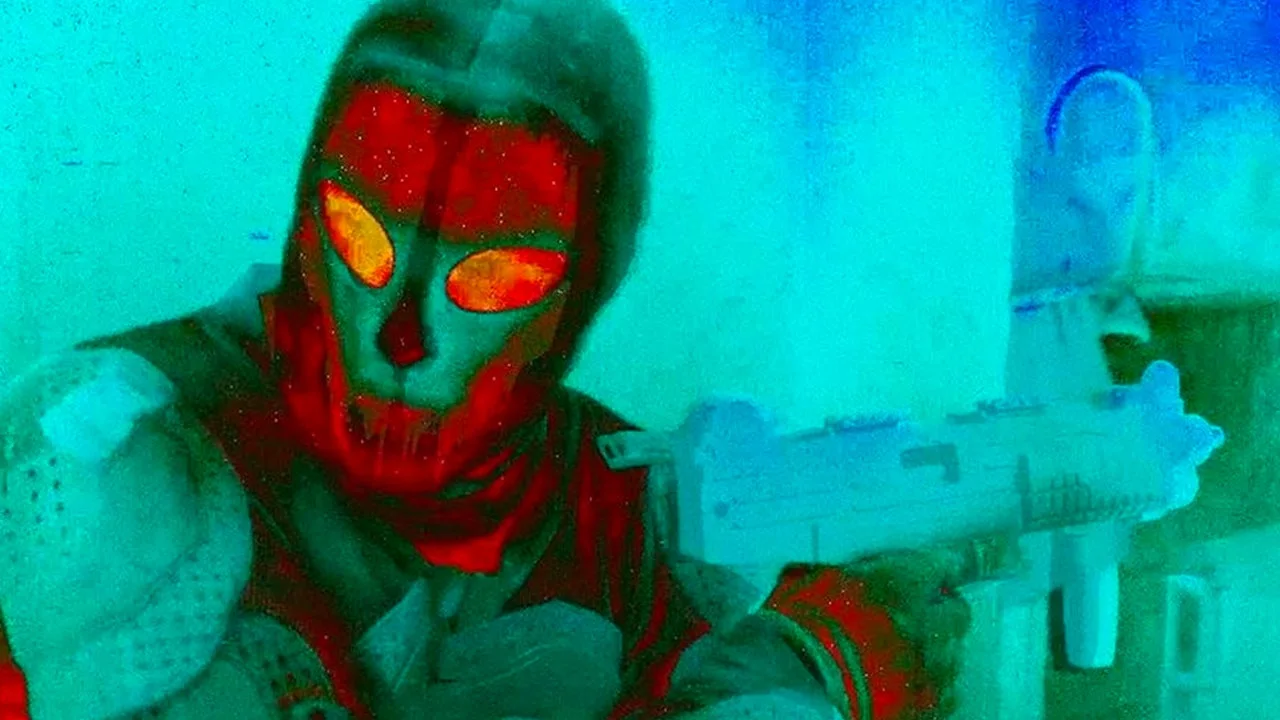
Words by Sonal D’Silva
The 34-track score features hypnotic melodies, ethereal synths, choral vocals, and a sonic palette so diverse, it’s hard to slot into any one genre. We sat down with the US-based producer and debut film composer to discuss how he approached this unequivocally unique film project, what he considers the most important tool in his arsenal, the secret to a good collaboration — and the key to everything.
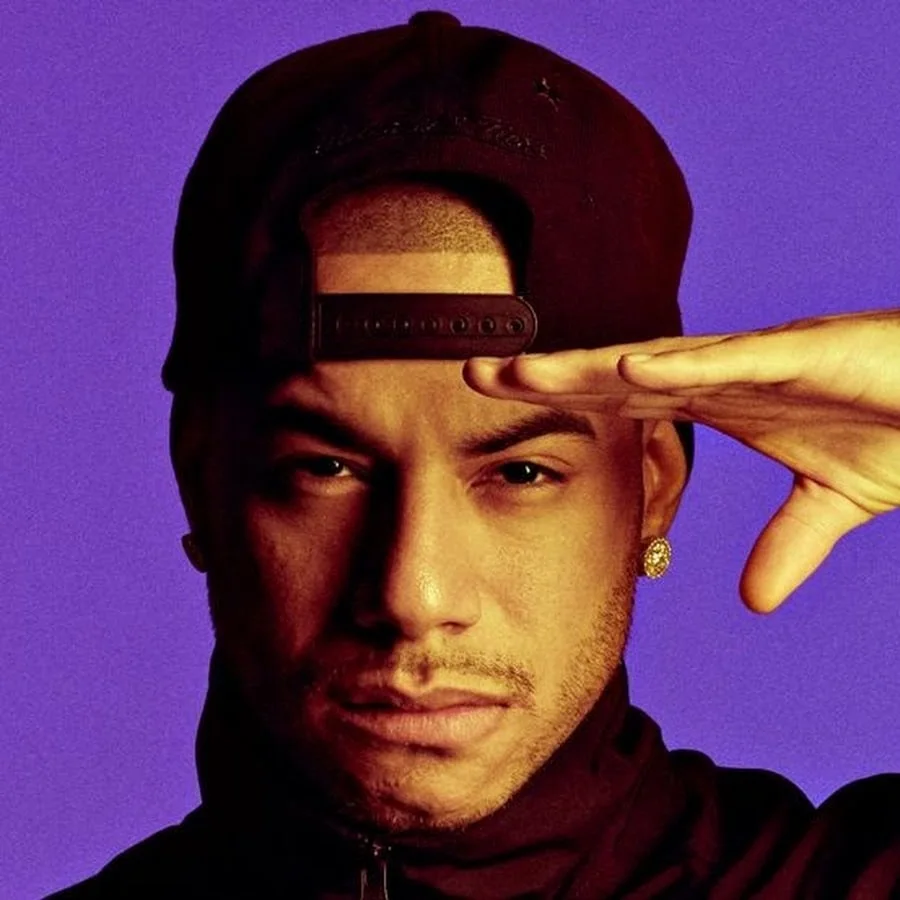
What was the vision for the AGGRO DR1FT soundtrack?
The vision was to make it as epic as possible, because everything about the film is so different. It’s not necessarily like a movie per se, it’s more like some type of gaming experience, as Harmony explains. I wanted to match the energy and the tone of the film, and it worked perfectly. It was an amazing experience for me to be involved in a project like this one, because score is something I’ve always wanted to do.
"The DAW I used was FL Studio and I have plenty of VSTs in Kontakt."
Tell us about some of the gear you used to compose the soundtrack.
The DAW I used was FL Studio and I have plenty of VSTs in Kontakt. As I was making melodies, I began exploring a lot of different sounds that I hadn’t opened in a while; I used a lot of discontinued VSTs actually, and I got to capture a lot of different moods and tones. I was sending Harmony the ideas I was working on to get his approval and [the team] loved everything. I wanted to get every idea out as quickly as possible and move on to the next one, because I had a time frame to finish pieces in – it was like a rollercoaster ride! Like I said, it's not your typical film, so I wanted to take people to different places, just like the film goes.
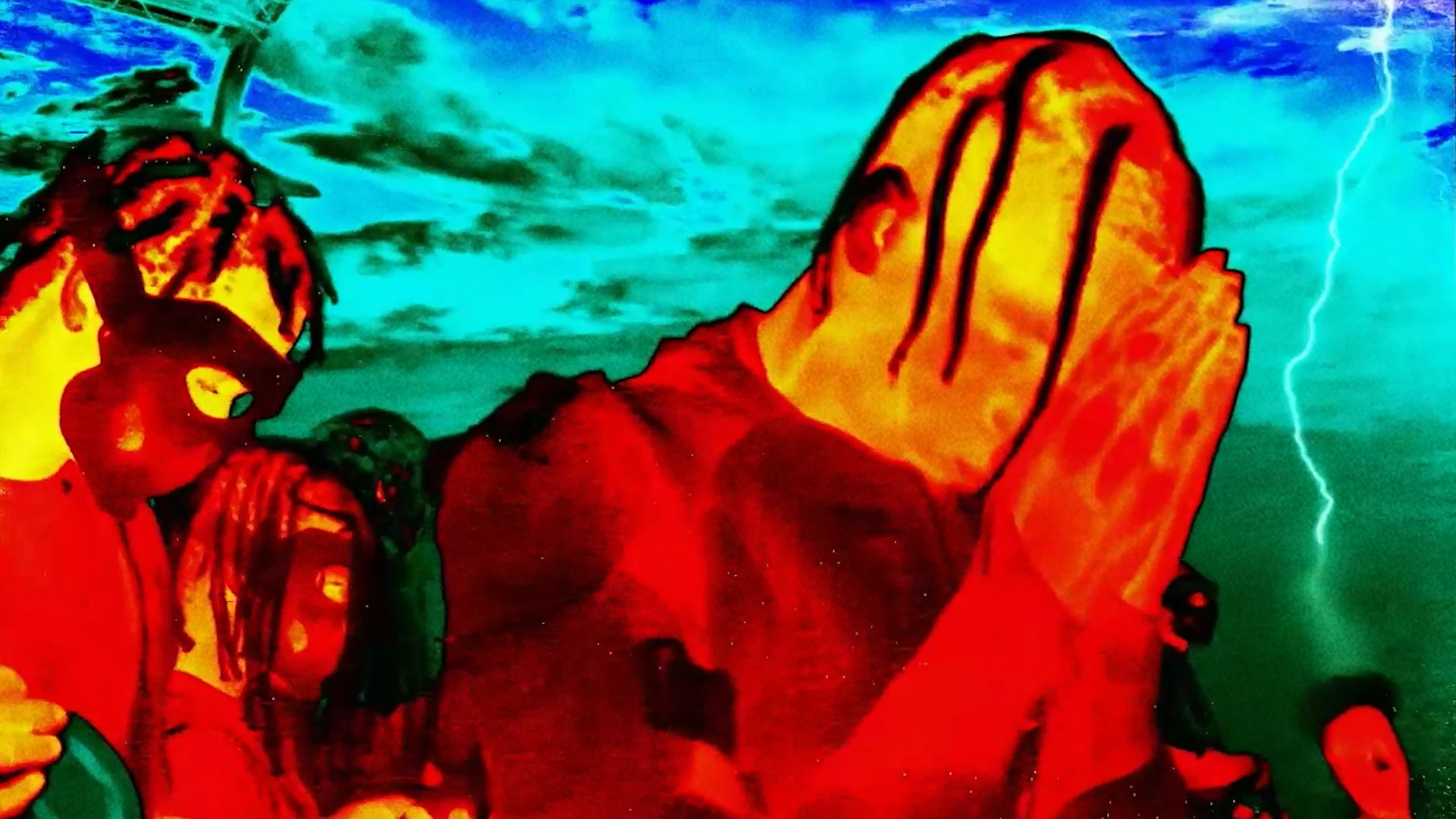
The score contains some evocative voice textures. Tell us more about that element.
The vocals are a touch to add a dramatic feel. I’d just go to the vocal tracks and mess around to set the mood even more but I didn't want to overload the music with vocals; I just wanted them to [evoke] different feelings, so when it came to the more emotional scenes, that’s where the vocals made more sense. For the more epic scenes, we have more of the synths, the horns, and other dramatic sounds.
"I didn't want to overload the music with vocals; I just wanted them to [evoke] different feelings."
What are 5 techniques you can’t live without?
I don't know, I don’t have a specific way of starting a song, or a technique. I'm pretty unorthodox. To this day, I still use the same MPC that I’ve had since 2005. [Laughs] That right there says it all! You know the saying, “If it ain't broke, don't fix it”, right? I'm just staying true to myself with what works for me and that’s my MPC, my laptop with the MIDI keyboard, and my brain. [Laughs] That’s it.
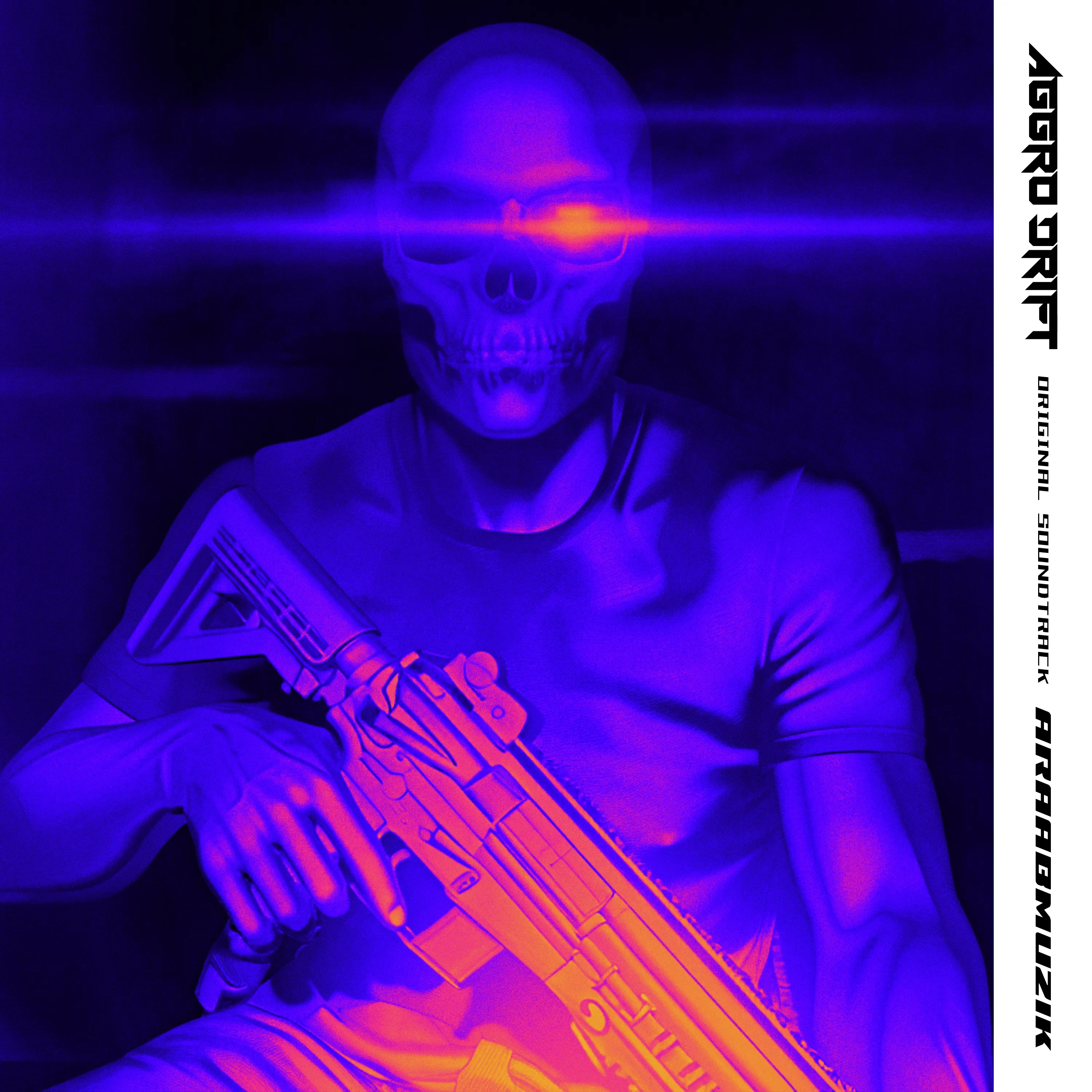
At the end of the day, the equipment doesn't make your stuff good. You can have all the equipment in the world, but if you’re not good – if you don't have the style, the talent, and the mind – your music is not going to be good. It'll be okay because you’re using good sounds, but you have to be a mastermind of your craft; that way, anything you create is going to be great. That's how I go about my production.
"I just use my MPC, my laptop with the MIDI keyboard, and my brain."
When I create music, I do it based on what I feel like making at the time. If I want to make something that's epic, or soulful, or upbeat, I just lock in on that and then move on to the next thing. I also don't like to keep making the same tracks over and over, or stay in one box; I want to expand. Being a musician, you have to be able to cater to all types of genres.
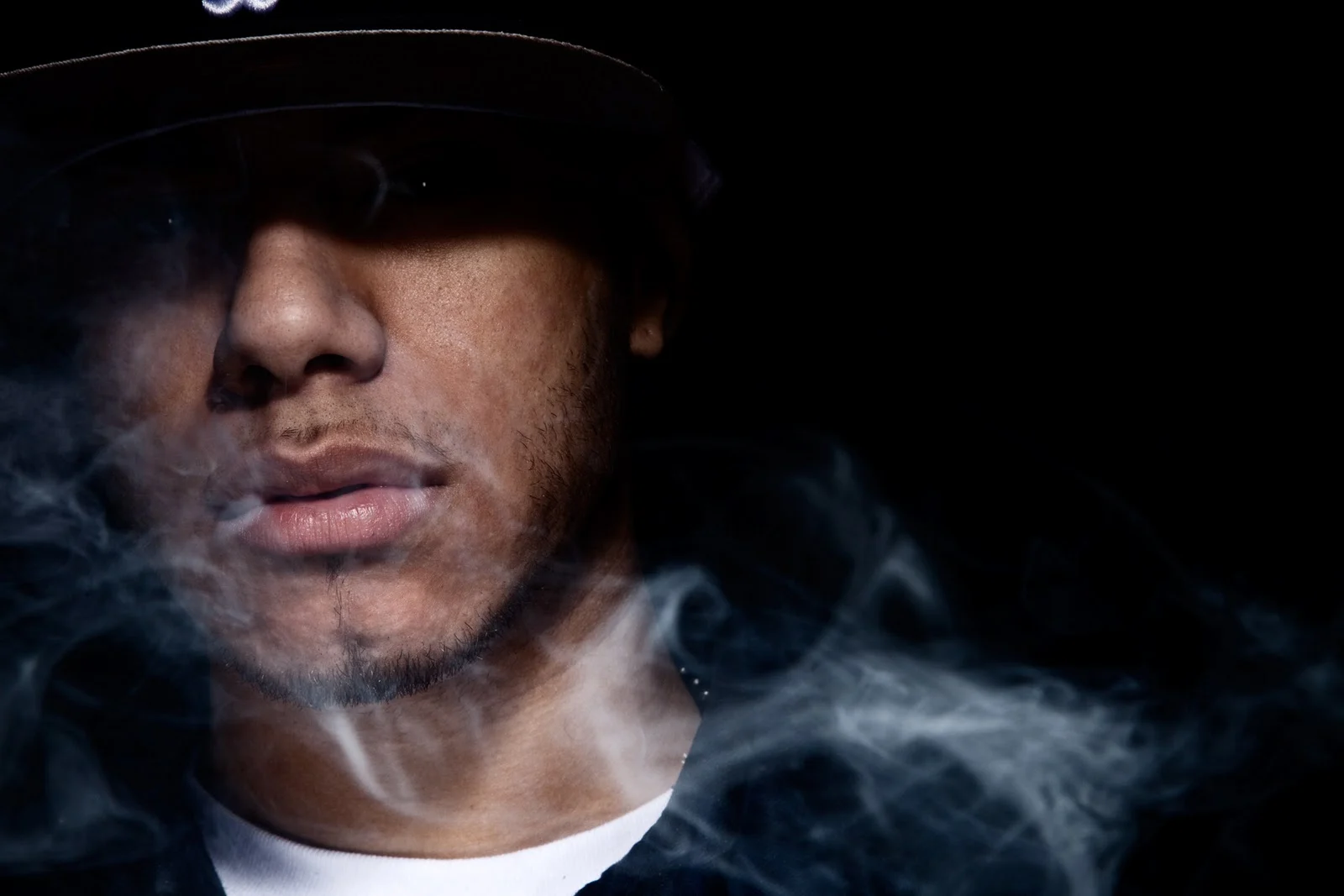
Let’s go back a bit – how did you start in music?
I started around 2001, messing around with keyboards and recording beats on cassette tapes. I was just trying to find my style and learn beats because I was a drummer – I’ve been playing the drums since the age of 3. After that, I got into producing around the age of 10 or 11, creating stuff on drum machine programs, learning how to sample, learning tricks like how to cut stuff, and make high-pitched vocals. Of course, you’re really rusty in the beginning for a long time – nothing comes overnight – but I was dedicated to it.
"The MPC2500 is my weapon of choice. I use as an instrument."
Then I got the Akai MPC1000 and I was staying up late making beats, because that was what I always wanted to do. A year or two later, the MPC2500 came out and it's the same machine I use to this day – it’s my weapon of choice and is something I use as an instrument. I've toured the world with it. I'm the finger drumming originator, so every video that you see with people doing their live [MPC] stuff, I'm obviously where it came from…I've been doing that live stuff since 2006. There was no social media back then like there is now. MySpace and YouTube were the only outlets to get your music heard. I was also networking a lot, going back and forth, meeting with artists and producers, learning the game and just trying to get myself out there more.
That was all I wanted to do and I didn't really do anything else – I didn't have a job or anything. I already had a career in high school and after I graduated, I went full speed on my career. Fast forward to now and here I am – creating music for film and expanding my talents.
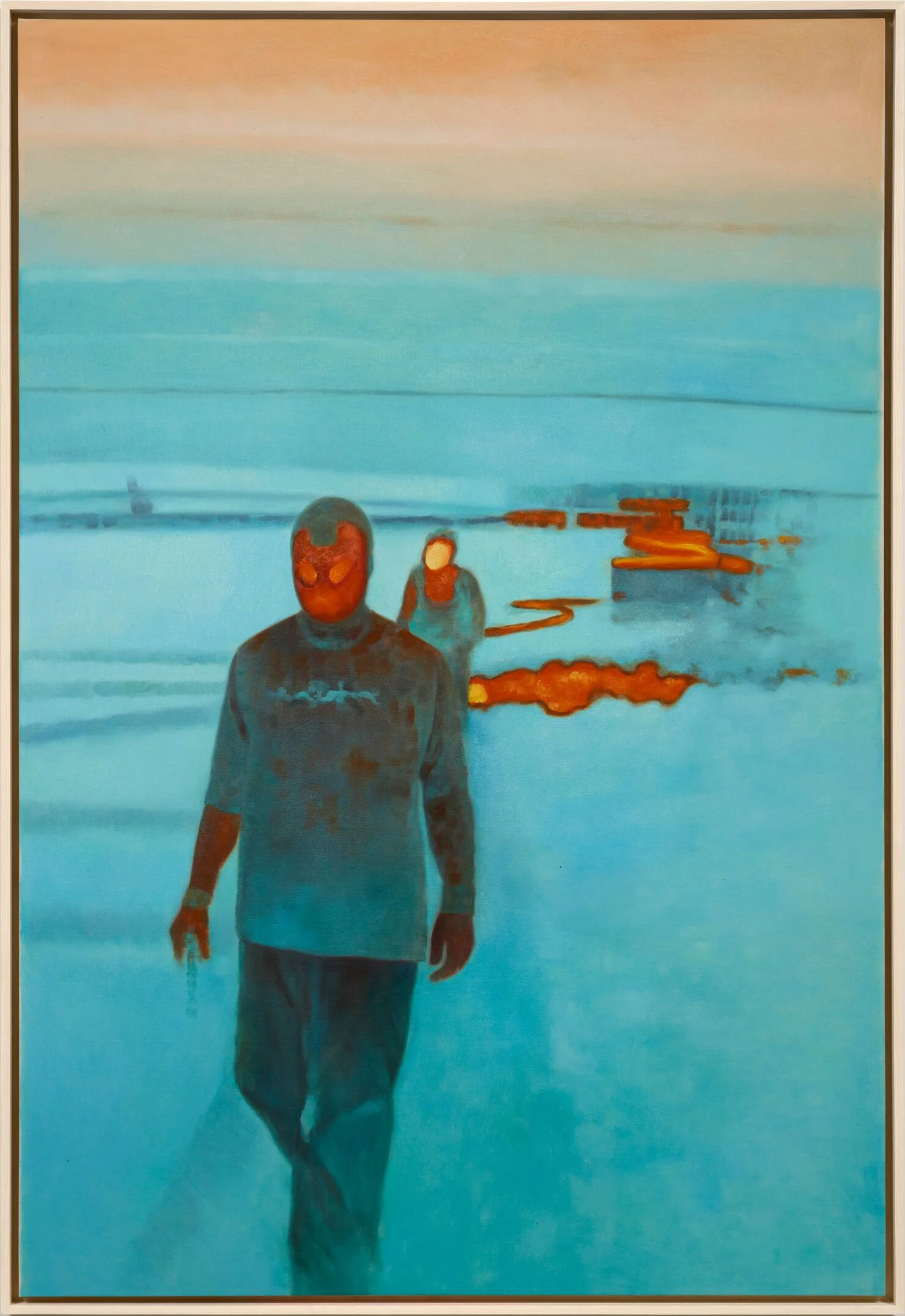
You make improvisation look easy, but it can be daunting for many musicians. Any advice on how to get better at it?
You have to have rhythm, so [whether it’s improvisation], playing an instrument, dancing, or anything that has to do with rhythm, you have to really be dedicated to it. I was born with the gift of music – like I said, I was a drummer – so what I did was I took my drumming skills and applied them to the MPC and musicians were able to tell that I was a drummer just by the way I was applying my techniques to my beats and production.
What is the secret to a good collaboration?
Relationships. It's important to build a relationship with the artist to be able to create those great collaborations and that timeless music. Also, be consistent – that is basically the key. From there you keep evolving and one thing turns to another, just like anything in life.
"Stay consistent. Keep going. Don't ever expect opportunities to fall into your lap."
You’ve said you prefer being in the studio with an artist over sending tracks by email. Tell us more about that.
It’s a different experience and a different vibe, because when I’m there in person, I'll know very specifically what they’re looking for – what they want and what they don't want. It just makes the job easier versus you constantly sending tracks over and then they're trying to find what works for them.
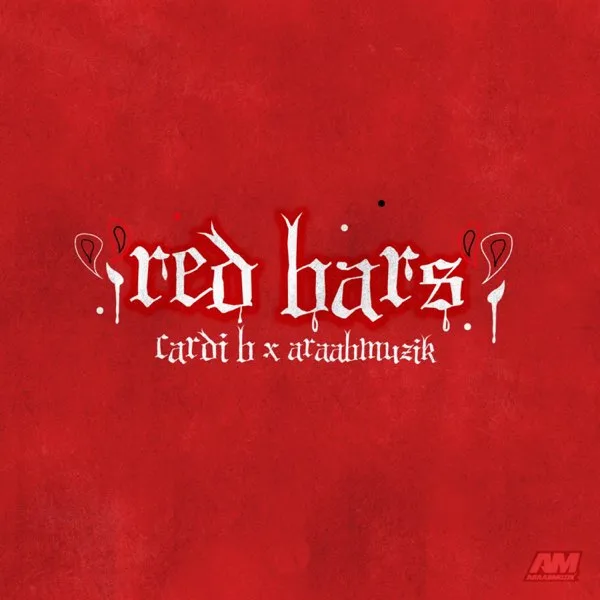
Also, I like to create a relationship directly with the artist. I don't really go through managers or A&Rs or anything like that. That's how I was able to establish creative relationships throughout my career. That's the benefit of going to the studio and linking with people, because from there it’s all about you and the artist.
What advice would you give to musicians starting out today?
Just be yourself with the music. Don't try to follow trends, because everything's saturated and you don't want to be contributing to the same sound that's already out. Create your own lane, stick with it, stand out, and don’t be afraid to experiment with stuff that people are not used to hearing because that's what it's all about – being different. And don’t give up. Sometimes it can get frustrating when you're not getting your way or things are not working out, but that's just how it is. Just keep going.